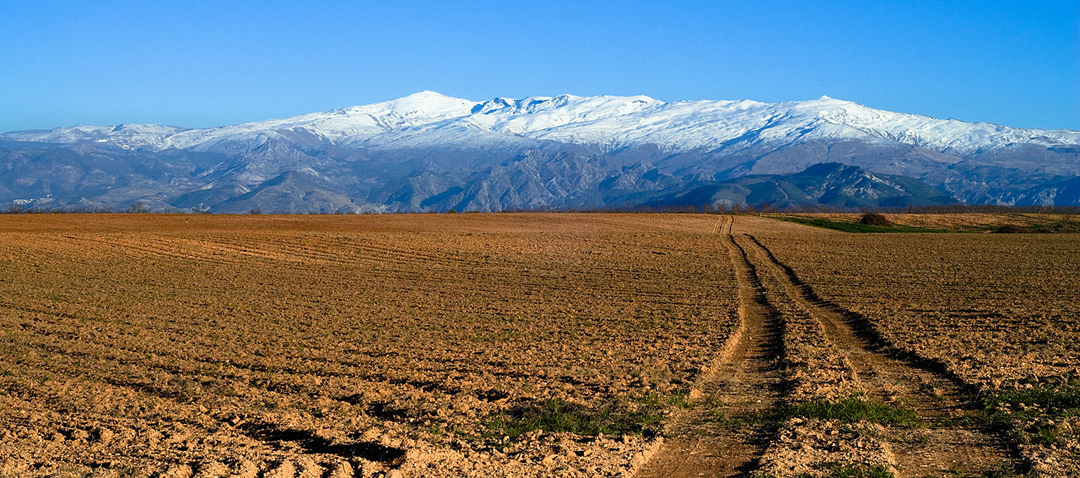In recent years, computational photography (CP) has emerged as a new field that has put forward a new understanding and thinking of how to image and display our environment. Besides addressing classical imaging problems such as deblurring or denoising by exploiting new insights and methodology in machine learning as well as computer and human vision, CP goes way beyond traditional image processing and photography.
By developing new imaging systems through innovative hardware design, CP not only aims at improving existing imaging techniques but also aims at the development of new ways of perceiving and capturing our surroundings. However, CP is not only about to redefine "everyday" photography but also aims at applications in scientific imaging, such as microscopy, biomedical imaging, and astronomical imaging, and can thus be expected to have a significant impact in many research areas.
After the great success of last year's workshop on CP at NIPS, this workshop proposal tries to accommodate the strong interest in a follow-up workshop expressed by many workshop participants last year. The objectives of this workshop are: (i) to give an introduction to CP, present current approaches and report about the latest developments in this fast-progressing field, (ii) spot and discuss current limitations and present open problems of CP to the NIPS community, and (iii) to encourage scientific exchange and foster interaction between researchers from machine learning, neuro science and CP to advance the state of the art in CP.
The tight interplay between both hardware and software renders CP an exciting field of research for the whole NIPS community, which could contribute in various ways to its advancement, be it by enabling new imaging devices that are possible due to the latest machine learning methods or by new camera and processing designs that are inspired by our neurological understanding of natural visual systems.
Thus the target group of participants are researchers from the whole NIPS community (machine learning and neuro science) and researchers working on CP and related fields.


